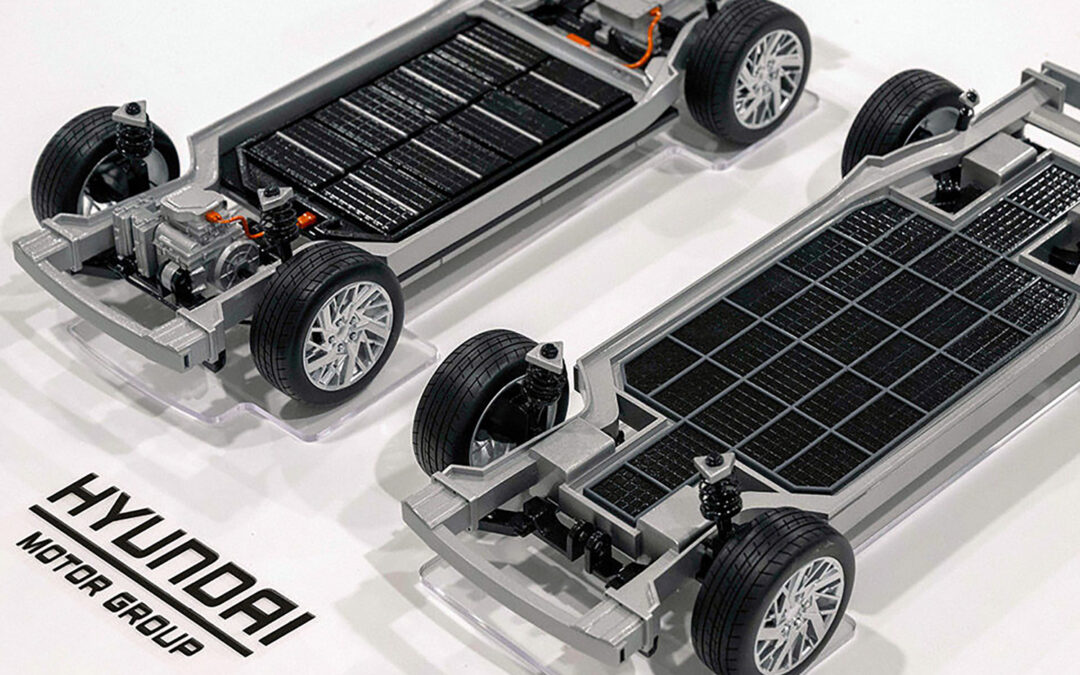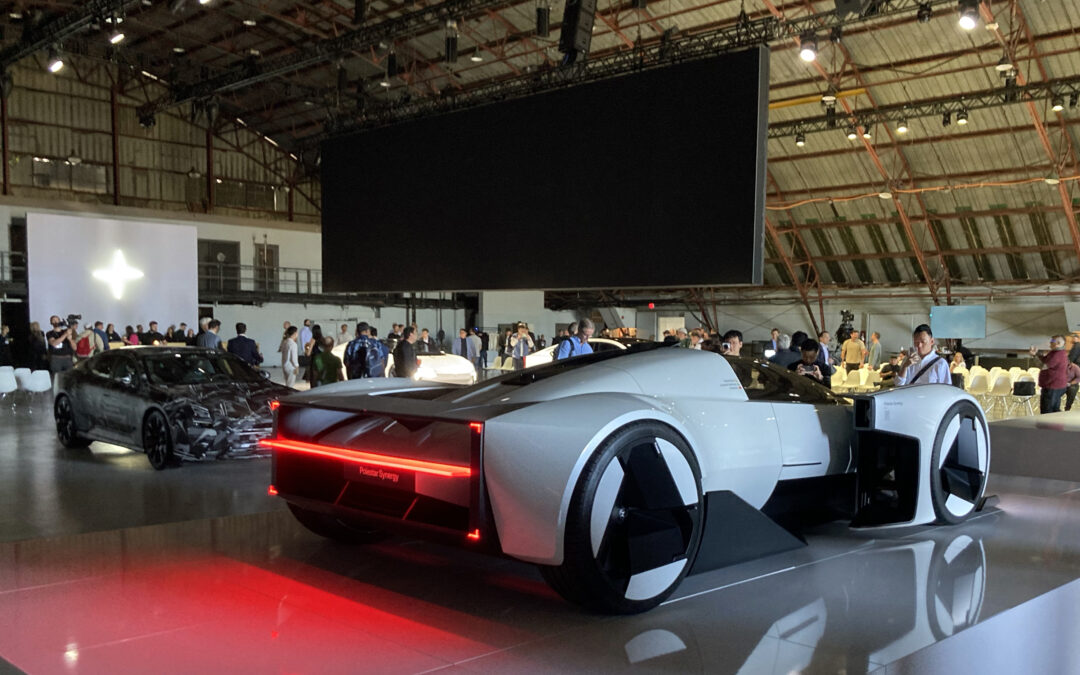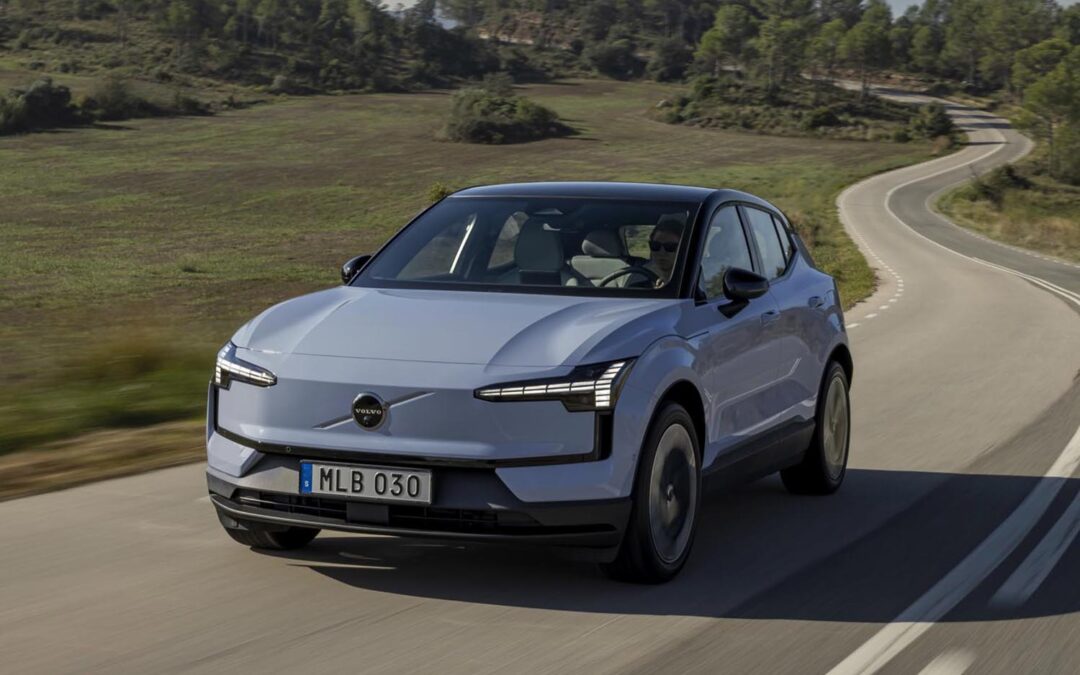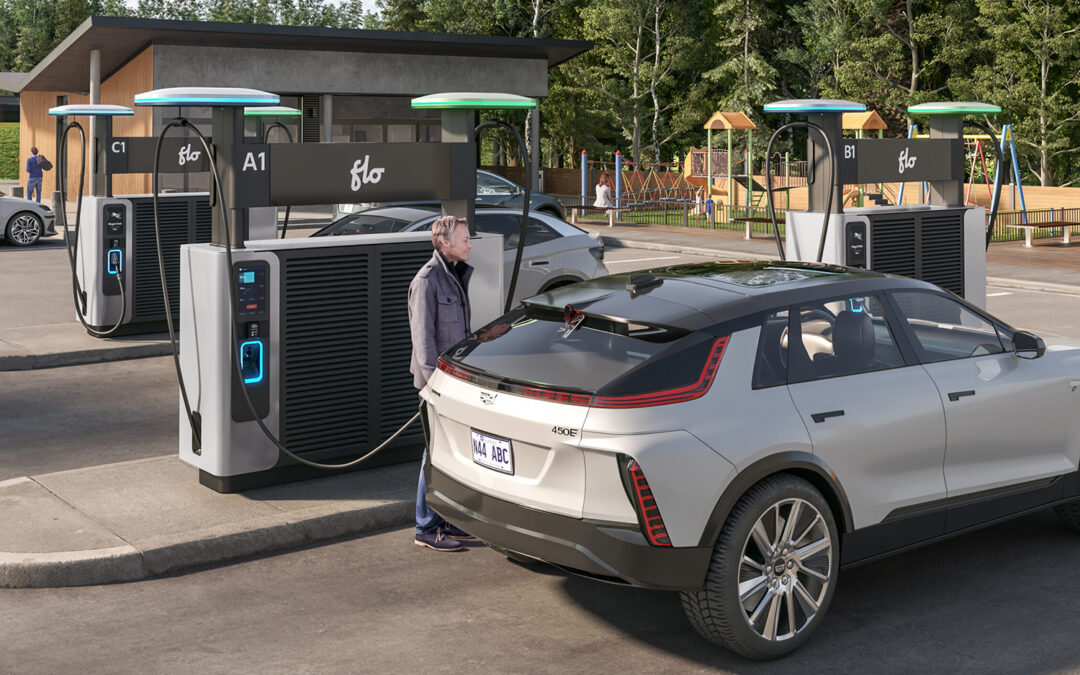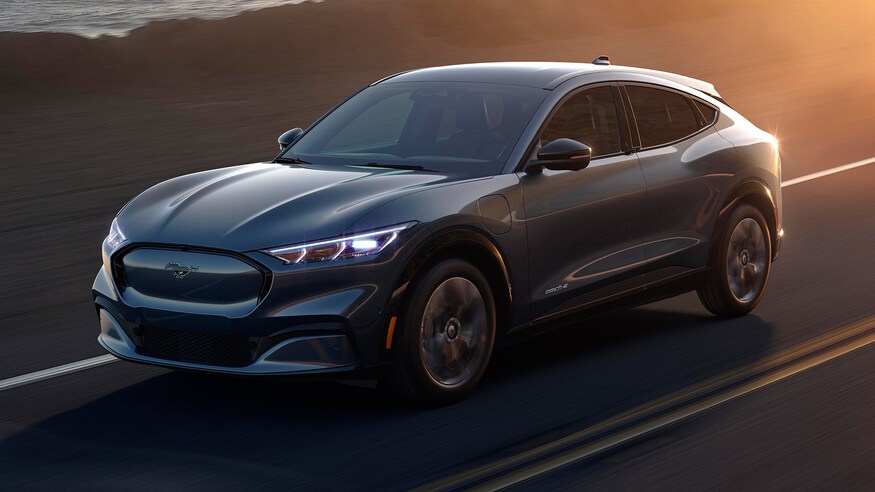Good news arrived for EV drivers south of the border this weekend — the US Senate just voted to pass the Inflation Reduction Act, which boasts almost US$400 billion (over 10 years) in funding for “climate and energy related programs.” Specifically, this bill provides an extension and improvement of the US EV tax credit, which bodes well for US automakers and consumers hoping to make the switch to electric.
The bill officially passed with a vote of 51-50, with Vice President Kamala Harris acting as the tiebreaker vote. From here, the bill continues on to the House this week and, if passed, will arrive at President Biden’s desk.
The Inflation Reduction Act is described as a “trimmed-down” and “rebranded” version of the original Build Back Better bill, which faced some criticism in the Senate in the form of republican opposition. As it currently stands, the Inflation Reduction Act primarily focuses on climate issues, with US$369 billion in climate-related spending.
According to recent analysis, the investments made possible by the bill could put the US on target to reduce emissions between 31-44 per cent by 2030. While this is significant, it is worthwhile noting that President Biden’s original goal was to put the US on target for a 50 per cent reduction by 2030.
As for the EV tax credit, the bill ensures that the US$7,500 electric vehicle tax credit will be renewed starting in January 2023 and will last until the end of 2032. More importantly, the previous tax credit had a cap of 200,000 cars per manufacturer, which many automakers have already surpassed (or are on track to surpass). With the new credit in place, all manufacturers will have access to unlimited credits, as long as the cars are assembled in North America and the “critical minerals” in the battery have come from the US or a country with a free trade agreement with the US. This credit will also apply to plug-in hybrids, as long as they fulfill the same requirements and have a battery over 7 kWh.
Additional requirements indicate that vehicles must have an MSRP of under US$55K for cars and US$80K for SUVs, trucks and vans, and buyers can only take advantage of the credit if they make under US$150K a year (US$300k filing jointly).
The government is expected to release the complete guidelines by the end of the year, so automakers and consumers have a clear picture of what is required to qualify for the tax credit.

